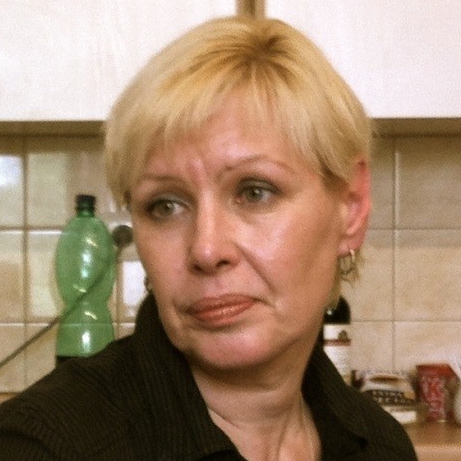The research at our Laboratory focuses on the pathophysiology of epilepsy and epileptic seizures in adulthood and particularly in the developing brain. In our research we are utilizing modern electrophysiological, imaging, biochemical and pharmacological techniques. To elucidate the cellular and network mechanisms involved in epilepsy and to increase the translational potential of new observations we are using extensively chronic models of acquired epilepsy and also genetic models and also collaborate with leading epilepsy centres.
Our primary research topics are:
- Consequences of brain injury during early stages of the brain development
- Mechanisms responsible for seizure initiation and termination.
- Impact of seizures on the developing brain
- Development of new diagnostic techniques of epilepsy
- Cognitive and behavioural consequences of epilepsy
- The role of oxidative stress in pathogenesis of epilepsy and seizures during the development
- Impact of antiepileptic therapy of the brain development
- Age-specific mechanisms of seizure initiation and propagation
Projects
Brain-damaging insult triggers a cascade of molecular, cellular and structural changes that eventually lead to behavioral alterations and development of epilepsy. The response to the particular brain insult is highly age-dependent. Our aim is to study effects of early insults on the brain development at the molecular, cellular, and circuitry levels (maturation of receptors or ionic channel structures, vascularisation, myelination, circuitry maturation, etc.) and consequently on maturation of more complex brain functions (cognitive functions, sensorimotor skills, social and emotional behavior, brain excitability, etc.). Results of our research can be used to develop age specific pharmacological strategies for prevention of epilepsy development and disturbances of brain function.
More
Systems important for brain excitability and its regulation mature for a long period of postnatal life.
More
More
Period of perinatal and early postnatal development represents critical time for future brain functions and capabilities, as brain plasticity permits experiences to shape the immature brain.
More
Oxidative stress and mitochondrial dysfunction are implicated in the pathogenesis of many neurological disorders, including epilepsy.
More
Show more
Achievements
Epileptology European Award 2016 was awarded prof. Pavel Mareš.
More
Publications
Uttl; Libor - Hložek; T. - Mareš; Pavel - Páleníček; T. - Kubová; Hana
.
Anticonvulsive Effects and Pharmacokinetic Profile of Cannabidiol (CBD) in the Pentylenetetrazol (PTZ) or N-Methyl-D-Aspartate (NMDA) Models of Seizures in Infantile Rats
.
International Journal of Molecular Sciences. 2022; 23(1)); 94
.
IF = 5.924
[ASEP]
[
doi
]
Kudová; Eva - Mareš; Pavel - Hill; M. - Vondráková; Kateřina - Tsenov; Grygoriy - Chodounská; Hana - Kubová; Hana - Valeš; Karel
.
The Neuroactive Steroid Pregnanolone Glutamate: Anticonvulsant Effect; Metabolites and Its Effect on Neurosteroid Levels in Developing Rat Brains
.
Pharmaceuticals. 2022; 15(1)); 49
.
IF = 5.863
[ASEP]
[
doi
]
Fábera; Petr - Uttl; Libor - Kubová; Hana - Tsenov; Grygoriy - Mareš; Pavel
.
Adenosine Kinase Isoforms in the Developing Rat Hippocampus after LiCl/Pilocarpine Status Epilepticus
.
International Journal of Molecular Sciences. 2022; 23(5)); 2510
.
IF = 5.924
[ASEP]
[
doi
]
Bencúrová; P. - Laakso; H. - Salo; R. A. - Paasonen; E. - Manninen; E. - Paasonen; J. - Michaeli; S. - Mangia; S. - Bareš; M. - Brázdil; M. - Kubová; Hana - Gröhn; O.
Infantile status epilepticus disrupts myelin development
.
Neurobiology of Disease. 2022; 162(Jan)); 105566
.
IF = 5.996
[ASEP]
[
doi
]
Žarković; D. - Šorfová; M. - Tufano; J. J. - Kutílek; P. - Vítečková; S. - Ravnik; D. - Groleger-Sršen; K. - Cikajlo; I. - Otáhal; Jakub
.
Gait changes following robot-assisted gait training in children with cerebral palsy
.
Physiological Research. 2021; 70(Suppl.3); S397-S408
.
IF = 1.881
[ASEP]
[
doi
]
Show more












